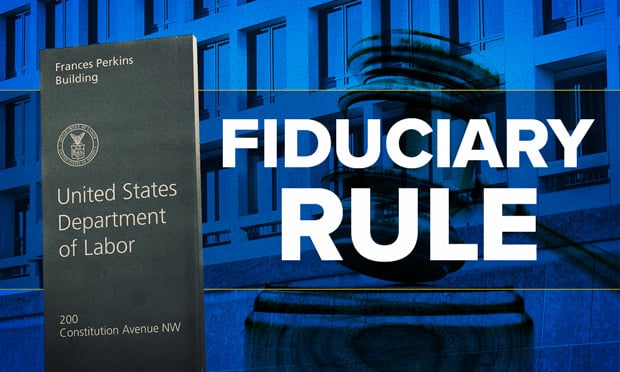It may sound counterintuitive, but a report has found thatpeople who spend the most time in the office are the least likely to havegotten a raise or bonus in the last three years.
|According to the report from Project: Time Off, not only areAmericans not using all their vacation time by slaving away in theoffice (the report calls them “office martyrs”), but their actionscould have far longer-ranging consequences: their stress levels arehigher, they’re less satisfied with their jobs, they’re unhappywith their professional success and they’re unhappy with thecompanies they work for.
|Related: Identifying the stress seasons in aworkplace
|But that’s not all. They make less money. And that can translateto a poorer retirement.
|A recent Gallup poll says the average full-time employeein the U.S. puts in a 47-hour week; that’s almost a whole day overand above the standard nine-to-five schedule.
|Not only that, 18 percent of workers say they work 60 hours ormore per week.
|It could be worse; they could be working in Japan, where 80-hourwork weeks are common and there’s actually a word to describe“overwork death”: karoshi.
|And the BBC reports that companies in Japan have begunto limit overtime, and “ad agency Dentsu just released aneight-point plan (including regular vacation encouragement andlights out at the office by 22:00) to improve its work environmentafter the high-profile suicide of one of its employees.”
|Suicide. Think about that for a minute. Not even making it toretirement. Not even living a normal lifespan. And not even gettingpaid for all that misery.
||The Project: Time Off study says that, despite their sacrifices,“work martyrs are slightly less likely to have received a bonus inthe last three years.”
|While 75 percent of work martyrs say they’ve gotten a bonus inthe last three years, which may sound good, 81 percent of theoverall study respondent population got one—meaning that thosemartyrs are not being rewarded for all that sacrifice.
|The report says, “The difference is clear evidence that workmartyrs’ perceived commitment may not be valued—or as valuable—asthey think.”
|Who’s most in danger from this whole “work martyr” attitude?Millennials.
|Nearly half (48 percent) of millennials, the study says, thinkit’s actually a good thing to be seen as a work martyr by theirbosses. Just 39 percent of overall respondents agreed, as did thesame percentage of GenXers (39 percent)—but boomers, being morepractical, weren’t enamored of the notion, with just 32 percent ofthem buying into the whole martyr thing.
|But here’s the deal. Millennials already make less money thanolder generations, and are loaded down with student debt—the studycites an analysis by Edvisors putting the average amount of studentdebt held by the class of 2016 at $37,173, and 70 percent of themost recent graduating class is carrying loans—also on therise.
|Millennials already don’t save much, if at all, for retirement.And if they’re clinging to jobs and hours in the office in the hopeof bettering their financial situation, they’re losing.
|Millennials also don’t take vacation time—another blunder.
|In the BBC report, Katie Denis, lead researcher at Project: TimeOff, is quoted saying, “We actually find that people who take moretime off—11 days or more—are more likely to get a raise or bonusthan people who take 10 or fewer days.”
|Denis adds, “So if you’re not getting ahead—and we find nocorrelation between hours worked and getting ahead—then what areyou doing it for?”
|Good question.
Complete your profile to continue reading and get FREE access to BenefitsPRO, part of your ALM digital membership.
Your access to unlimited BenefitsPRO content isn’t changing.
Once you are an ALM digital member, you’ll receive:
- Critical BenefitsPRO information including cutting edge post-reform success strategies, access to educational webcasts and videos, resources from industry leaders, and informative Newsletters.
- Exclusive discounts on ALM, BenefitsPRO magazine and BenefitsPRO.com events
- Access to other award-winning ALM websites including ThinkAdvisor.com and Law.com
Already have an account? Sign In
© 2024 ALM Global, LLC, All Rights Reserved. Request academic re-use from www.copyright.com. All other uses, submit a request to [email protected]. For more information visit Asset & Logo Licensing.








